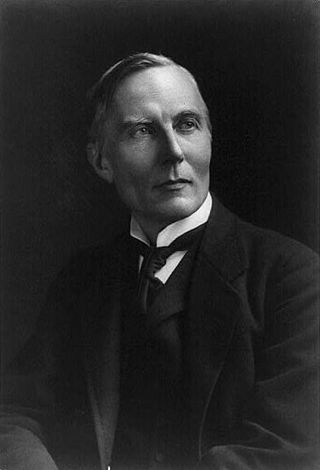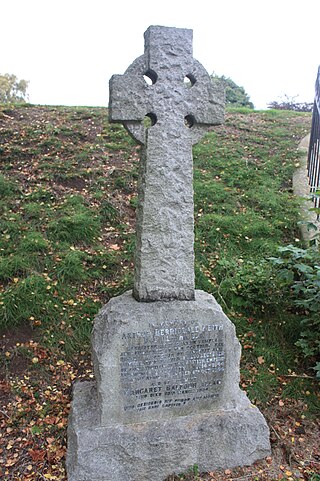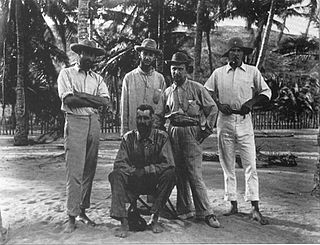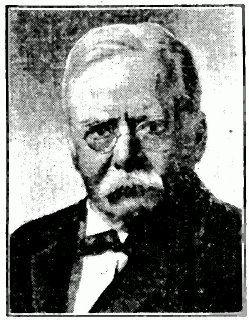Related Research Articles

Sir Paul Gavrilovitch Vinogradoff was a Russian and British historian and medievalist.

The governor-general of India was the representative of the monarch of the United Kingdom in their capacity as the emperor/empress of India and after Indian independence in 1947, the representative of the Monarch of India. The office was created in 1773, with the title of governor-general of the Presidency of Fort William. The officer had direct control only over his presidency but supervised other East India Company officials in India. Complete authority over all of British territory in the Indian subcontinent was granted in 1833, and the official came to be known as the "Governor-General of India".

The Royal Asiatic Society of Great Britain and Ireland, commonly known as the Royal Asiatic Society, was established, according to its royal charter of 11 August 1824, to further "the investigation of subjects connected with and for the encouragement of science, literature and the arts in relation to Asia." From its incorporation the society has been a forum, through lectures, its journal, and other publications, for scholarship relating to Asian culture and society of the highest level. It is the United Kingdom's senior learned society in the field of Asian studies. Fellows of the society are elected regularly and include highly accomplished and notable scholars of Asian studies; they use the post-nominal letters FRAS.

Sir Charles Kingsley Webster was a British diplomat and historian. He was educated at Merchant Taylors' School, Crosby and King's College, Cambridge. After leaving Cambridge University, he went on to become a professor at Harvard, Oxford, and the London School of Economics (LSE). He also served as President of the British Academy from 1950 to 1954.

Herbert Albert Laurens Fisher was an English historian, educator, and Liberal politician. He served as President of the Board of Education in David Lloyd George's 1916 to 1922 coalition government.

The provinces of India, earlier presidencies of India and still earlier, presidency towns, were the administrative divisions of British governance on the Indian subcontinent. Collectively, they called British India. In one form or another, they existed between 1612 and 1947, conventionally divided into three historical periods:

The British Raj was the rule of the British Crown on the Indian subcontinent; it is also called Crown rule in India, or Direct rule in India, and lasted from 1858 to 1947. The region under British control was commonly called India in contemporaneous usage and included areas directly administered by the United Kingdom, which were collectively called British India, and areas ruled by indigenous rulers, but under British paramountcy, called the princely states. The region was sometimes called the Indian Empire, though not officially.

Sir Frederick James Halliday was a British civil servant and the first Lieutenant-Governor of Bengal.

Sir William James Bull, 1st Baronet, was an English solicitor and Conservative politician.

Arthur Berriedale Keith was a Scottish constitutional lawyer, scholar of Sanskrit and Indologist. He became Regius Professor of Sanskrit and Comparative Philology and Lecturer on the Constitution of the British Empire in the University of Edinburgh. He served in this role from 1914 to 1944.

Sidney Herbert Ray was a British comparative and descriptive linguist who specialised in Melanesian languages.
Lieutenant-Colonel David Lockhart Robertson Lorimer CIE was a member of the British Indian Army, a political official in the British Indian government and a noted linguist. The Indian Political Service extended to the Middle East, and he was British Political Representative in Cairo during the First World War.

This is a bibliography of notable works about India.
The Cambridge History of the British Empire was a major work of historical scholarship published in eight volumes between 1929 and 1961 by Cambridge University Press. Volume seven was divided into two parts. The general editors were John Holland Rose, A. P. Newton and Ernest Alfred Benians. The original set of eight volumes was issued between 1929 and 1936. A number of the volumes were reissued in revised and expanded editions.
The Cambridge History of India was a major work of historical scholarship published in five volumes between 1922 and 1937 by Cambridge University Press. Some volumes were also part of The Cambridge History of the British Empire. Production of the work was slowed by the First World War and the ill health of contributors, and Volume II was eventually abandoned.

Edward James Rapson FBA was a British numismatist, philologist and professor of Sanskrit at the University of Cambridge. He was a fellow of St. John's College. Rapson died following a sudden collapse at dinner at St. John's.

Sir Richard Burn was an English civil servant in British India, historian of India and numismatist. He was the editor of Volume IV of The Cambridge History of India and contributed four chapters to Volume VI of that work on the Indian political situation after 1900.
James Philip Mills CSI, CIE, FRAI was a member of the Indian Civil Service and an ethnographer.
Sir Frank Herbert Brown CIE (1868–1959) was an English journalist, on the editorial staff of The Times from 1929 to 1954. He was a recognised authority on Indian affairs.
The Harcourt Butler Committee under the chairmanship of Sir Harcourt Butler was appointed in 1927 to investigate and clarify the relationship between the paramount power of the British Raj in India, and the rulers of Princely States. There were two other members, William Searle Holdsworth and Sidney Peel.